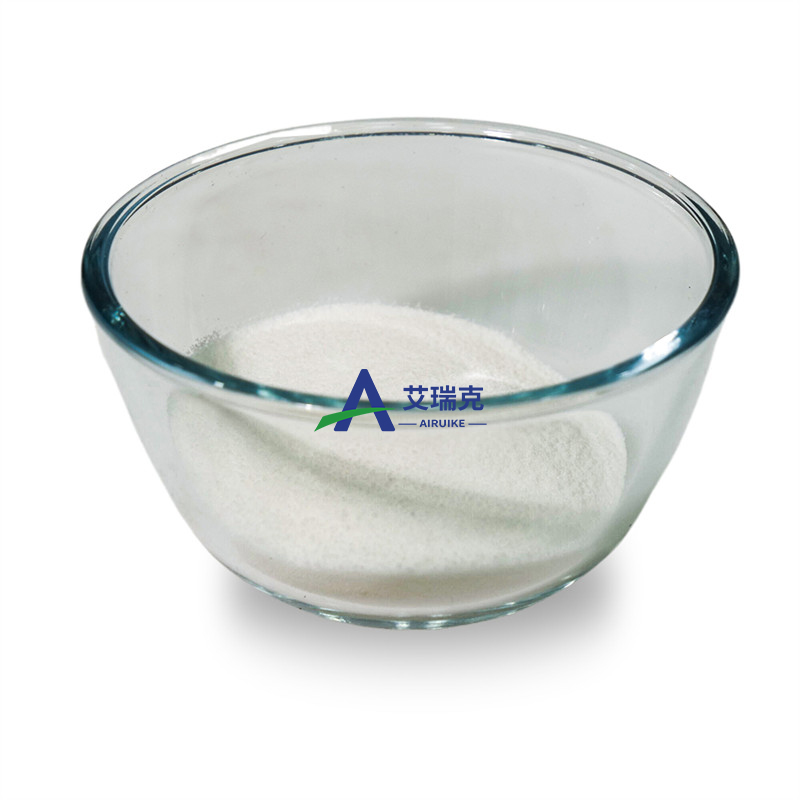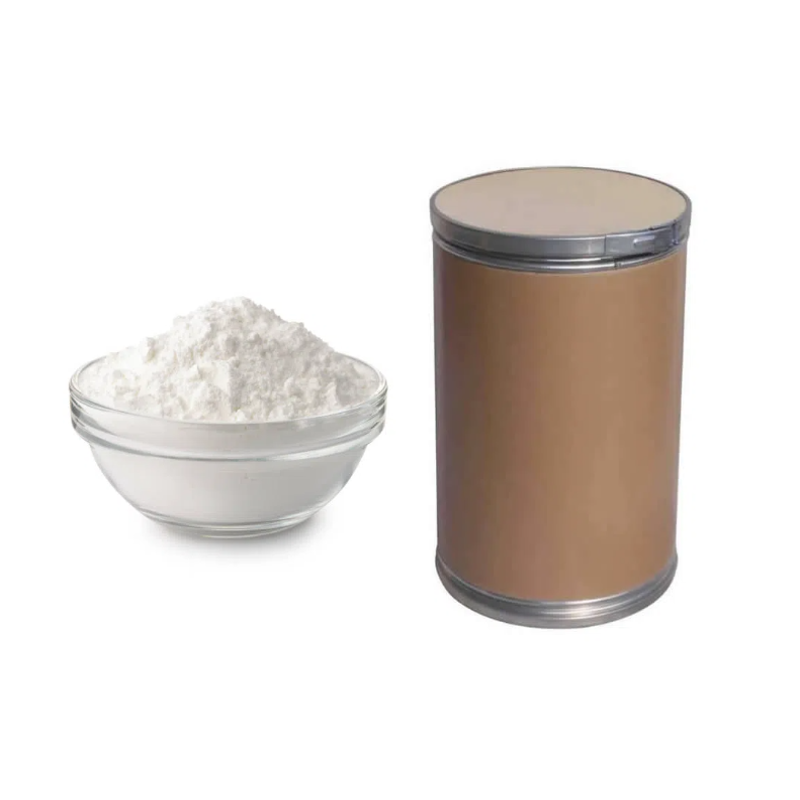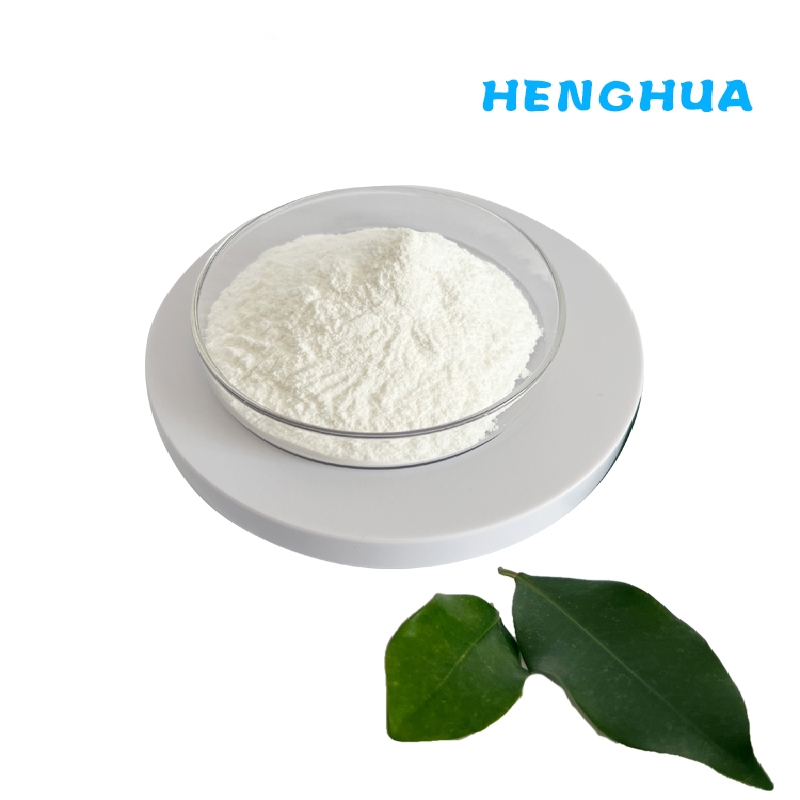-
The effect of exercise on the disease progression of patients with localized prostate cancer
Time of Update: 2021-11-15
In order to improve cardiovascular health and delay the progression of prostate cancer, researchers evaluated the impact of high-intensity interval training (HIIT) on low- to intermediate-risk patients who are suitable for active monitoring .
-
Professor Ye Dingwei's interpretation of "Secret" by the big coffee "Expert Consensus on the Clinical Diagnosis and Treatment of Bone Metastasis and Bone-Related Diseases of Prostate Cancer (2021 Edition)"
Time of Update: 2021-11-15
Despite the continuous improvement of anti-tumor treatment methods, more than 70% of patients with advanced prostate cancer have bone metastases and bone-related events (SREs) caused by bone metabolism disorders, which greatly increases the burden of disease .
-
GU Highlight Professor Bao Yige: A New Era of Perioperative Immunotherapy for Kidney Cancer and Bladder Cancer
Time of Update: 2021-11-14
Professor Bao Yige shared that although there is no direct comparison, in the KEYNOTE-426 and CheckMate-214 studies, 30% to 37% of patients received first-line combination therapy and the long-term disease-free results are exciting; KEYNOTE-564 In the study, the DFS curve splits at 3 months after surgery and seems to be able to benefit early.
-
Three "magic weapons" for early diagnosis of prostate cancer
Time of Update: 2021-11-14
Figure 2 Ultrasound examination of prostate specific antigen The detection of prostate specific antigen (PSA) is currently the most sensitive prostate cancer tumor marker.
Figure 3 Prostate-specific antigen The above three methods are helpful to urologists in the early diagnosis of prostate cancer .
-
How to follow-up treatment for prostate cancer recurrence after MDT curative treatment?
Time of Update: 2021-11-05
Special report: Measuring the comprehensive benefits of new endocrine first-line treatment of CRPC patients Professor Zhang mainly reported on three aspects: 1 Enzalutamide is an ideal solution for new hormone therapy (NHT) castration-resistant prostate cancer (CRPC); 2 Older age and high burden of comorbidities are common features of CRPC patients in China.
-
Efficacy and tolerability of doxazosin-GITS vs. tamsulosin in the treatment of patients with lower urinary tract symptoms associated with benign prostatic hyperplasia: a systematic review and meta-analysis
Time of Update: 2021-11-05
The purpose of this study: To evaluate the efficacy and tolerability of doxazosin-GITS and tamsulosin in patients with LUTS/BPH through a systematic review and meta-analysis of research data published in English and Asian literature .
-
How to treat the recurrence of prostate cancer with solitary liver metastasis after MDT?
Time of Update: 2021-11-05
Professor Li introduced that whether it is a clinical trial or a real-world study, enzalutamide has significant benefits for the first-line treatment of mCRPC, and compared with abiraterone, the overall survival (OS) benefit is longer .
-
Interpretation of NCCN and AUA Guidelines-Treatment of Advanced Prostate Cancer
Time of Update: 2021-11-05
AUA Guidelines Recommendation 4: For patients with nmCRPC who are at high risk of metastasis (PSADT ≤ 10 months), clinicians should first choose ADT combined with enzalutamide, apatamide or dalotamide (strong recommendation; level of evidence: Level A) ) The PROSPER study is a double-blind, randomized controlled phase III clinical study to evaluate the efficacy of enzalutamide or placebo in nmCRPC .
-
Shock wave lithotripsy for clinically necessary ureteral stones (indications and contraindications)
Time of Update: 2021-11-04
In February 1980, shock wave lithotripsy was first applied to the treatment of kidney stones, and it was only applied to the upper ureteral calculi after half a year; the middle ureteral calculi were once considered "unowned"; the lower ureteral calculi were initially taboo .
-
The definition and clinical application of extraprostatic involvement and positive surgical margin
Time of Update: 2021-11-04
Special report (1): The application of mCRPC first-line NHT treatment + radical prostatectomy (RP) in patients with oligometastatic CRPC, Professor Mo Chengqiang from the First Affiliated Hospital of Sun Yat-sen University, mainly reported four aspects Contents: 1.
-
Case sharing takes a turn for the better, moving forward: the original research abiraterone brings lasting PSA reduction and disease control to patients
Time of Update: 2021-10-23
7ng/ml in June of endocrine therapy, and the original research abiraterone 1000mg combined with prednisone 5mg Qd was added, and the PSA improved significantly.
The original abiraterone is a new endocrine drug recommended by international and domestic guidelines for the treatment of advanced prostate cancer.
-
2021 CSCO prostate cancer research is developing rapidly at home and abroad, and clinical diagnosis and treatment is expected to usher in a new breakthrough!
Time of Update: 2021-10-22
A VISION study showed that 4,177Lu-PSMA-617 can significantly prolong the overall survival (OS) of patients with metastatic castration-resistant prostate cancer (mCRPC).
-
GU Highlight Professor Shen Yijun: Progress in the treatment of urothelial carcinoma with ESMO in 2021
Time of Update: 2021-10-22
The treatment of patients with advanced cisplatin intolerance has entered the era of drug combination The results of the KEYNOTE 052 study reported at this year’s ASCO meeting suggest that the objective response rate (ORR) of immune checkpoint inhibitor monotherapy in patients with cisplatin intolerance is about 24 to 29 %, the long-term survival rate is about 20%, far better than carboplatin chemotherapy .
-
Application of Nature Machine Learning in Prostate Cancer Disease Prediction
Time of Update: 2021-10-22
Specifically, based on the hierarchical concept of biological neural networks, the author integrated 3007 sets of biological network maps, constructed a deep learning prediction model, input the genome of prostate cancer patients, and through calculations, the first layer can output a series of gene clusters.
-
Dialogue with Professor Xu Changbao: Abiraterone moves forward to bring greater survival benefits to patients with prostate cancer and choose "Ze" power
Time of Update: 2021-10-22
The results of the COU-AA-301/302 study [1,2] show that the use of androgen deprivation therapy (ADT) + Abiraterone + prednisone (AAP) regimen in the treatment of patients with metastatic castration-resistant prostate cancer (mCRPC) without chemotherapy can significantly prolong the median overall survival (OS) to 34.
-
Androgen-producing gut microbes can disrupt the treatment of prostate cancer|Science Weekly Selection
Time of Update: 2021-10-22
found that androgens in prostate cancer patients and mouse models limit the proliferation of specific intestinal bacteria that can synthesize androgens, leading to continued tumor growth in mice .
-
Express bicyclic peptides accurately deliver cytotoxic drugs and treat bladder cancer and ovarian cancer with positive clinical results
Time of Update: 2021-10-22
▎Bicycle Therapeutics, editor of WuXi AppTec's content team, announced today that two new-generation bicyclic peptide-conjugated toxins have shown positive anti-cancer activity in phase 1 clinical trials .
-
Evidence-based guidelines, keeping pace with the times-Interpretation of the updated CSCO guidelines for diagnosis and treatment of prostate cancer in the 2021 edition
Time of Update: 2021-10-22
Editor’s Note: September 25-29, 2021. The 24th National Clinical Oncology Conference and 2021 CSCO Annual Conference will be held on September 25-29 in a grand combination of online and offline . T
-
Science|The mechanism of intestinal flora affecting the development of prostate cancer
Time of Update: 2021-10-22
The above in vivo and in vitro results indicate that microorganisms enriched in the CR stage of mice can participate in the metabolism of androgens and maintain the growth of prostate tumors in this way .
-
Explore the frontiers of urology in 2021 ESMO new progress
Time of Update: 2021-10-11
02 Research methods The study included 1150 patients with new or relapsed mHSPC, and they were randomly assigned to the enzalutamide group or placebo group at 1:1, stratified according to disease burden and whether they received docetaxel in the past .







